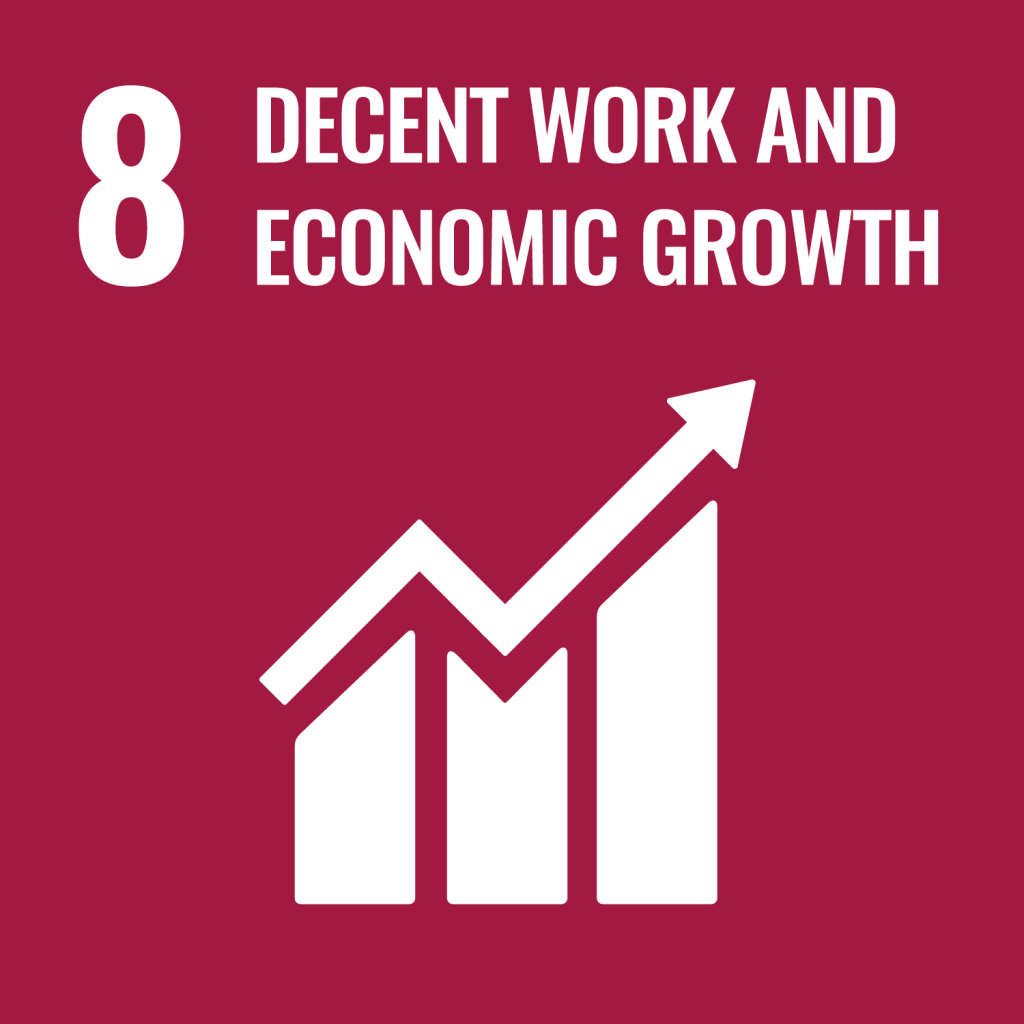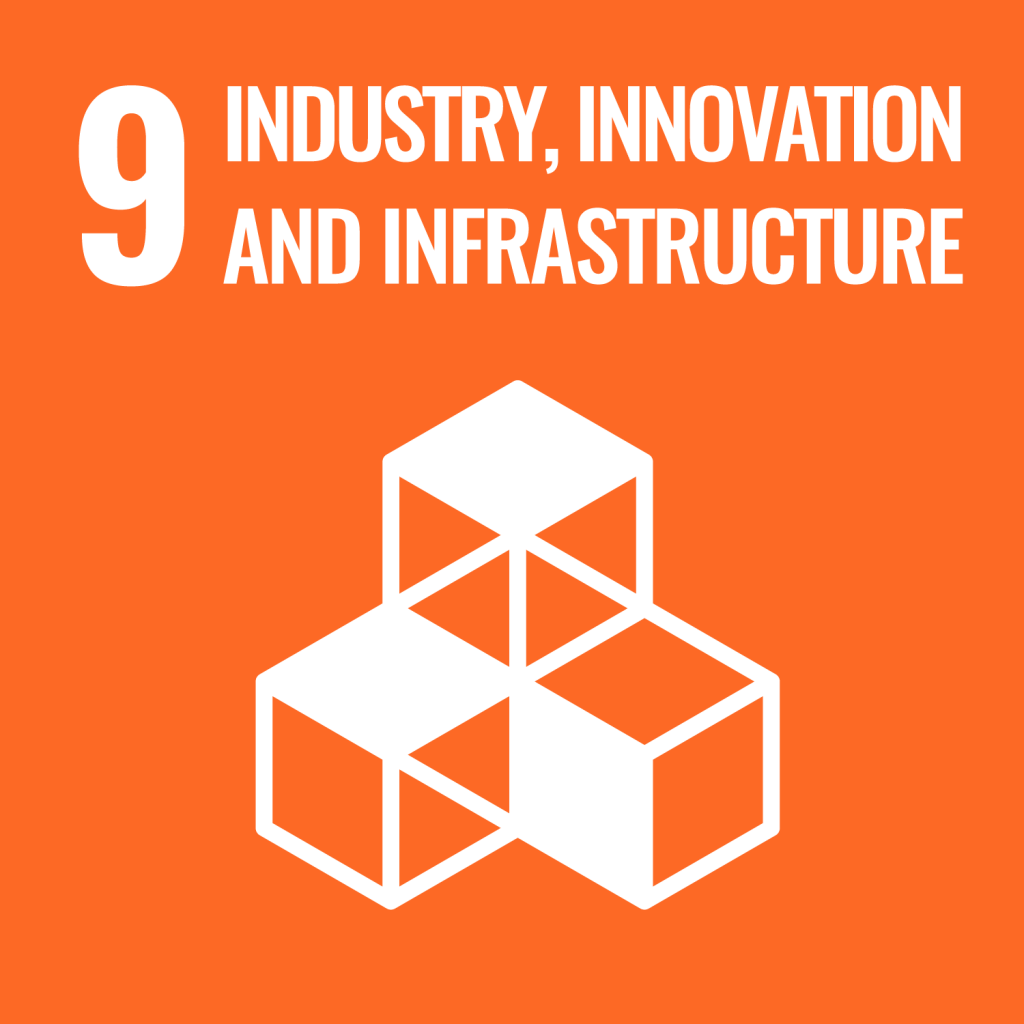Bellroy
Medium (49-500)
Tertiary
Retail
Background
Bellroy is an Australian-based brand, founded in 2010, which aims to provide their customers with quality products whilst having a positive impact on the planet.
Bellroy set to better their business practices through enabling a healthier relationship with their work, their employees, the planet, and those they share it with. The brand uses a lens of continuous improvement to assess their practices. Their environmental goals have been inspired by Cradle-to-Cradle principles.





Sustainability Story
Before Bellroy, a team of friends set up a blog called Carryology as a place for fellow carry enthusiasts to connect and share ideas. It started providing insights around what people carry, and wallets in particular – as slim tailoring became popular, bulky wallets couldn’t hide anymore.
So a team of product designers – sat around a kitchen table in Bells Beach, Australia – set about crafting a slim wallet with fewer layers of leather and smarter card positioning. The release of this product in 2010 signalled the birth of the Bellroy brand, and our crusade to ‘slim your wallet’.
They recognized early on that they could use business as a force for good. And as a certified B Corp, they constantly pursue better ways to source their leathers, reduce their impact on the environment, and make sure their products’ lifecycles are as long as possible.
Bellroy Practices
| Sustainable design and production | Advocating for sustainable goods and environmental considerations |
|---|---|
| Products designed using cradle-to-cradle principles to be long-lasting and reduce waste, ethically sourced raw materials in all designs and rigorous research and procurement from gold-rated tanneries, testing on new possible materials. | Advocating for sustainable consumer goods amongst local business community, suppliers and clients. |
Pathway Map
Advocacy for Sustainable Goods and Environmental Considerations
View the Pathway MapSustainable Design and Production
View the Pathway MapEnabling Factors for Practices
| Internal to the organisation | External to the organisation |
|---|---|
| Founding values and principles: The business was founded on the premise of advancing sustainability and impact in an industry that did not have many sustainable alternatives. | Shared Values: Establishing connections and partnering with the organisations that share the same values and vision for long-term sustainability. |
| Founders' industry experience: The founders of the SME have prior business knowledge. | Suppliers and Producers: Strong ties and relationships with raw material suppliers and overseas factories. |
| Staff: Active participation from different members in the organisation has been pivotal to the success of sustainability strategy. | Leather Working Group: Participation and advocacy to set a new industry standard has been highly enabling. |
| Shared Values: Establishing connections and partnering with organisations that share the same values and vision for long-term sustainability. | Market Demand: The growing support for the SMEs product offering due to the quality of products that they sell. |
| Suppliers and Producers: Strong ties and relationships with raw material suppliers and overseas factories. | Clients: The changing and growing market demand for sustainable products has been a key enabler. |
| Community: Support from the communities that the SME works with has also enabled them to continue their mission. |
Arresting Factors for Practices
| Internal to the organization | External to the organization |
|---|---|
| Resources Harder to procure smaller quantities of raw materials. | Supply chain stress as a result of the COVID-19 pandemic. |
| Financial: The cost to carry out sustainability projects. Sustainable materials are more expensive than the conventional raw. Cutting losses is necessary at times to continue steering impact and providing value to stakeholders. | Difficulty in finding new suppliers and developing new products due to COVID-19 travel constraints. |
